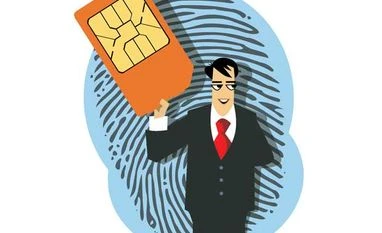Directors at companies will soon be required to share their personal mobile numbers and e-mail ids with the government as part of verifying their credentials, amid continuing efforts to weed out bogus directorships.
In a significant move, the corporate affairs ministry has decided to carry out KYC (Know Your Customer) process for all directors, including those who have been disqualified.
A new electronic form is set to be introduced specifically for the directors through which all required details have to be submitted to the ministry, according to a communication.
The e-form -- DIR-3 KYC -- would be "notified and deployed shortly" as part of updating the ministry's registry.
"Every director who has been allotted DIN on or before March 31, 2018 and whose DIN is in 'approved' status, would be mandatorily required to file form DIR-3 KYC on or before August 31,2018," the ministry said.
Director Identification Number (DIN) is a unique number allotted to individuals who are eligible to have directorship on the boards of registered companies.
Also Read
"While filing the form, the unique personal mobile number and personal e-mail id would have to be mandatorily indicated and would be duly verified by one time password (OTP)," it said.
According to the ministry, the form should be filed by every director using his own DSC and should be duly certified by a practising professional -- chartered accountant, company secretary or cost and management accountant.
After the deadline, the MCA 21 system would mark all approved DINs -- allotted on or before March 31 this year -- against which DIR-3 KYC form has not been filed as 'de-activated', it noted.
MCA 21 is used by stakeholders to submit requisite filings to the ministry.
The ministry, which is implementing the Companies Act, said the de-activated DINs would be allowed after payment of a specified fee and such individuals could also face action.
Last year, the ministry had disqualified more than three lakh persons from holding directorship at registered companies amid the fight against illicit fund flows. These individuals were directors at firms that were not carrying out business activities for a long time.
)